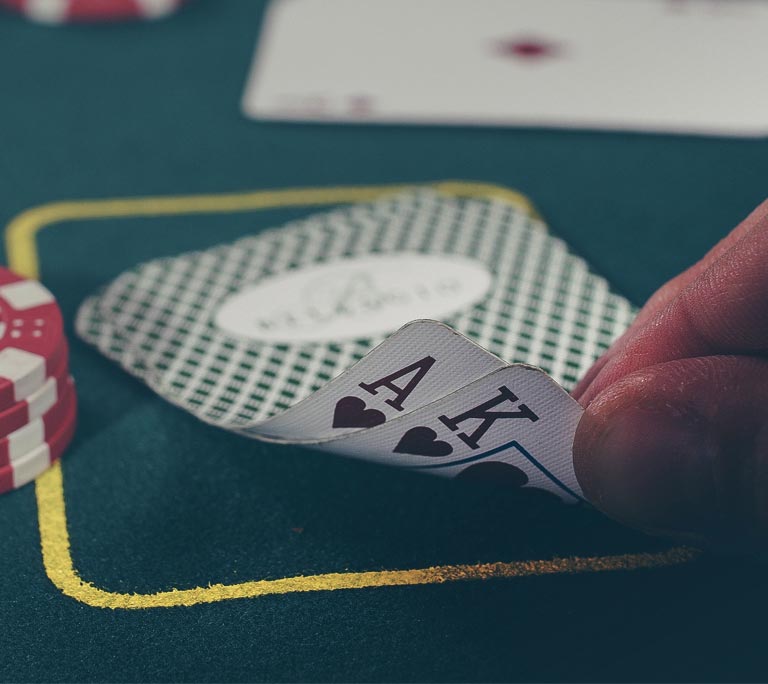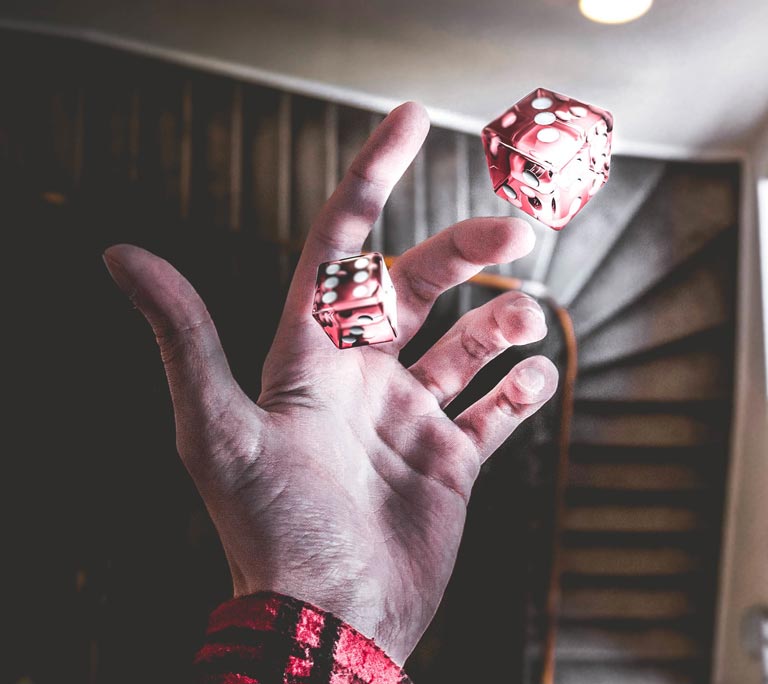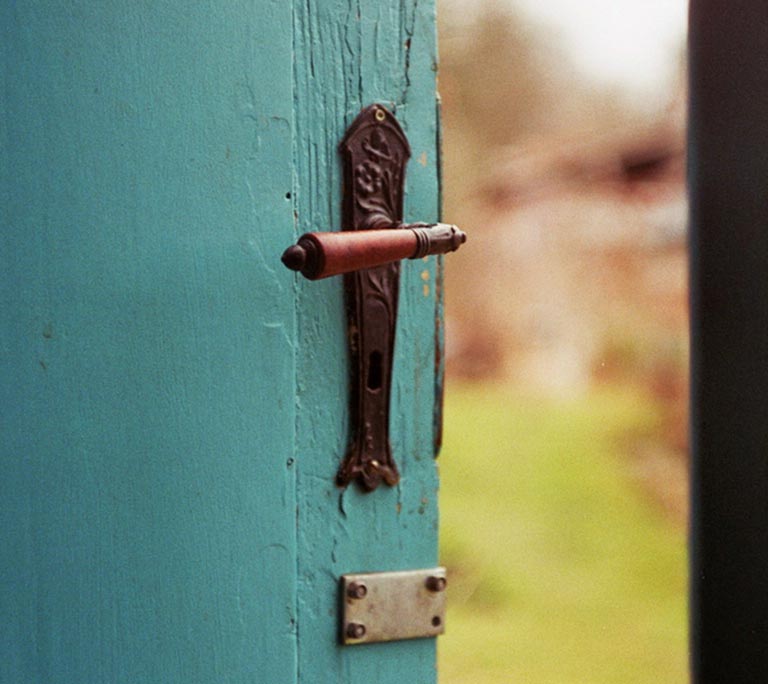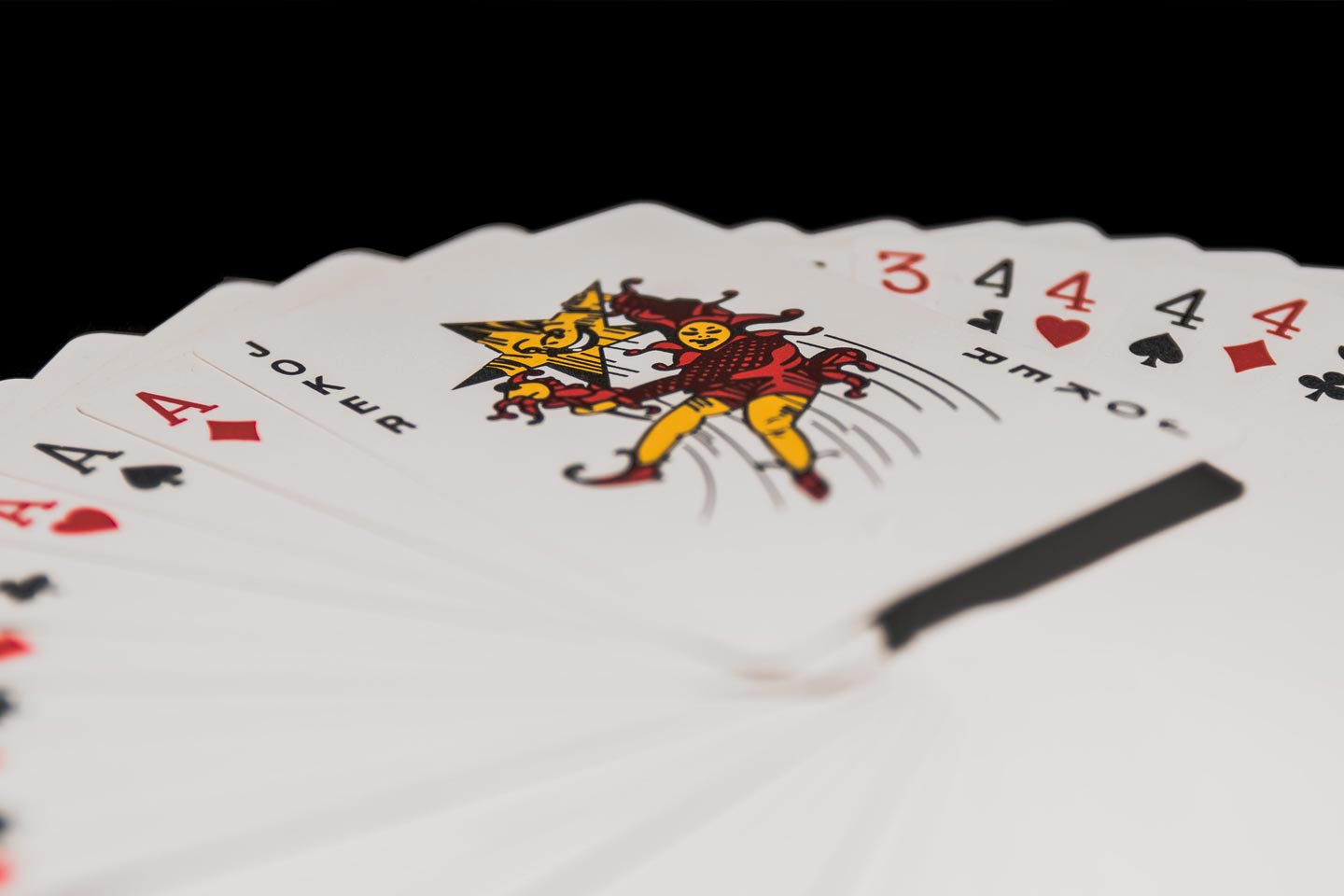Gambling manifests in many ways and is often normalised within our culture. People may bet on sports or scratch cards, or they might hit the casino. Perhaps they engage in seemingly harmless, low-level gambling with slot machines or start gambling online - attracted by increasingly elaborate games designed to make you voluntarily part with your cash with the promise of big wins.
If gambling puts a strain on your relationships and has started to jeopardise your work life, it has likely become a problem.

Why does someone gamble?
Gambling addiction is the compulsion to gamble, even when it results in negative consequences for oneself or one’s family.
Somebody who gambles compulsively overlooks the risks; even though the odds are likely to be against them and they can’t afford to lose.
Of course, addictions take a variety of forms, and many people fail to recognise that they have a problem. Problem gamblers (as opposed to compulsive gamblers) can feel like they're in control, but their preoccupation with chasing the losses often leads to dire situations beyond their command.

What is "chasing the loss"?
Gambling is similar to other addictions such as eating disorders because the problem often emerges as compensation for emotional distress. Where a gambler loses money, the stakes are heightened, and the individual may feel that other emotional problems dissolve into the ether while they try to win back their money. This is known as "chasing the loss".
However, the thrill of the chase diminishes rapidly post-gamble, leaving the addict bereft of anything to numb the emotional pain; driving them to return to the charge of chasing their loss.
Can gambling addictions be treated?
We employ an integrative approach to treating addiction. We recognise that each person is an individual, and tackling the root cause of their addiction is critical in helping them overcome the problem and get their life back on track.
“Every form of addiction is bad, no matter whether the narcotic be alcohol, morphine or idealism.”
Carl Gustav Jung

Our Integrative Approach
We take the entire person into account - we don't just address the behaviours and symptoms, we address the impact the addiction has on their whole life. We explore the depression or anxiety that often accompanies gambling issues, and we work with our clients to help them to develop coping strategies, along with a comprehensive treatment plan that helps address the root causes of the problem.
Through psychotherapy, counselling, and coaching, we find a combination of therapies that help you recognise and understand the behaviours behind your compulsions. And - most importantly - we provide you with a range of strategies to cope with the triggers that lead to a loss of control.
By understanding your (often) unacknowledged traumas and anxieties, you'll learn to recognise the emotional states that you're burying when you chase your losses. And - by understanding what is causing you to suppress your feelings, you'll begin to emerge from the perilous state of addiction.
Contact Us Today
Contact Us to find out more

